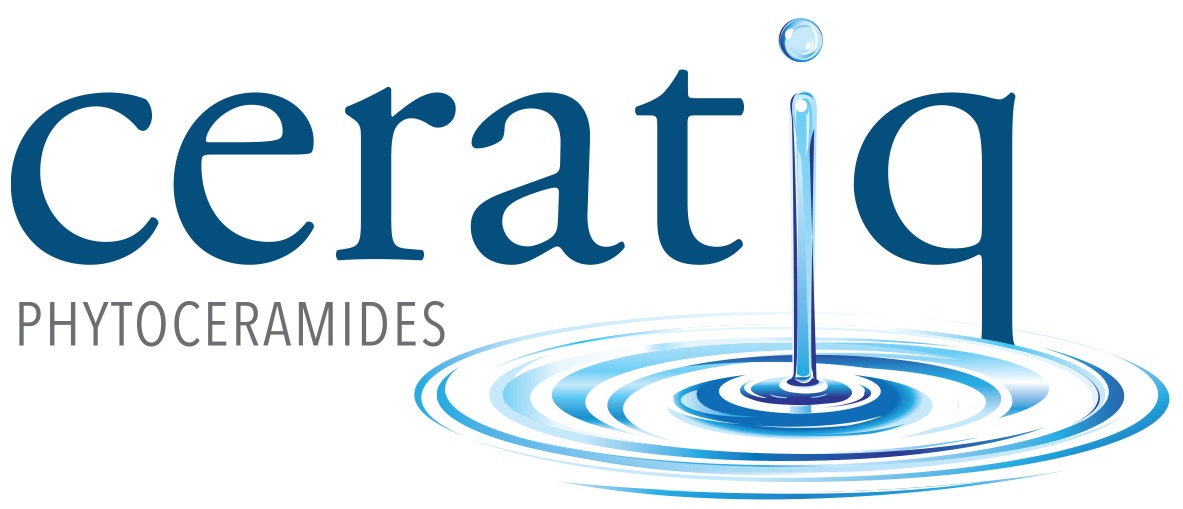-
Ingredient SolutionsQuickly narrow your search. Browse products in our sortable catalog. View Catalog
-
ApplicationsQuickly narrow your search. Browse products in our sortable catalog. View Catalog
-
ResourcesRecently Posted
-
PLT People & Planet
-
About
Our international network, passionate team of experts and extensive industry knowledge is what sets us apart.
 Seth FlowermanCEO
Seth FlowermanCEO
The moisturizing effect of a wheat extract food supplement on women’s skin: a randomized, double-blind placebo-controlled trial.

The moisturizing effect of a wheat extract food supplement on women’s skin: a randomized, double-blind placebo-controlled trial.
Guillou, S & Ghabri, Salah & Jannot, C & Gaillard, E & Lamour, I & Boisnic, S.
(2011) INTERNATIONAL JOURNAL OF COSMETIC SCIENCE. 33. 138-43. 10.1111/j.1468-2494.2010.00600.x.
Abstract
Ceramides, specific lipid components of the skin, represent 35-40% of the intercellular cement binding cells together and contributing to skin hydration. A wheat extract rich in ceramides and digalactosyl-diglycerides was developed by Hitex in two forms: wheat extract oil (WEO) and wheat extract powder (WEP). In vitro tests and two clinical studies demonstrated promising efficacy results with WEP on skin hydration. To confirm these early results, a double-blind, randomized, placebo-controlled study was carried out on 51 women aged 20-63 years with dry to very dry skin who received either 350 mg of WEO or placebo for 3 months. Evaluation of skin hydration on legs, arms and face, assessed at baseline (D0) and at study end (D84) was performed by the dermatologist using dermatological scores (dryness, roughness, erythema), skin hydration measurement (corneometry) and self-assessment scores (Visual Analogue Scale: VAS). Perceived efficacy was noted by participants throughout the study; tolerability and overall acceptability of the study products were evaluated by the dermatologist and the participants at the end of study. Skin hydration was significantly increased between D0 and D84 on the arms (P < 0.001) and legs (P = 0.012) in the WEO group compared with placebo. Even if no significant statistical differences between groups were observed for the dermatological evaluation, skin dryness and redness tended to be reduced in the WEO group. Moreover, from D0 to D84, the VAS index had a tendency to increase in favour of WEO for the overall skin hydration (P = 0.084) indicating that participants perceived an improvement. The WEO capsules were perceived by participants as being more effective than placebo on all skin dryness signs. In conclusion, WEO capsules were well tolerated and appreciated. After 3 months’ treatment, a significant increase in skin hydration and an improvement in associated clinical signs were observed in women with dry skin.














